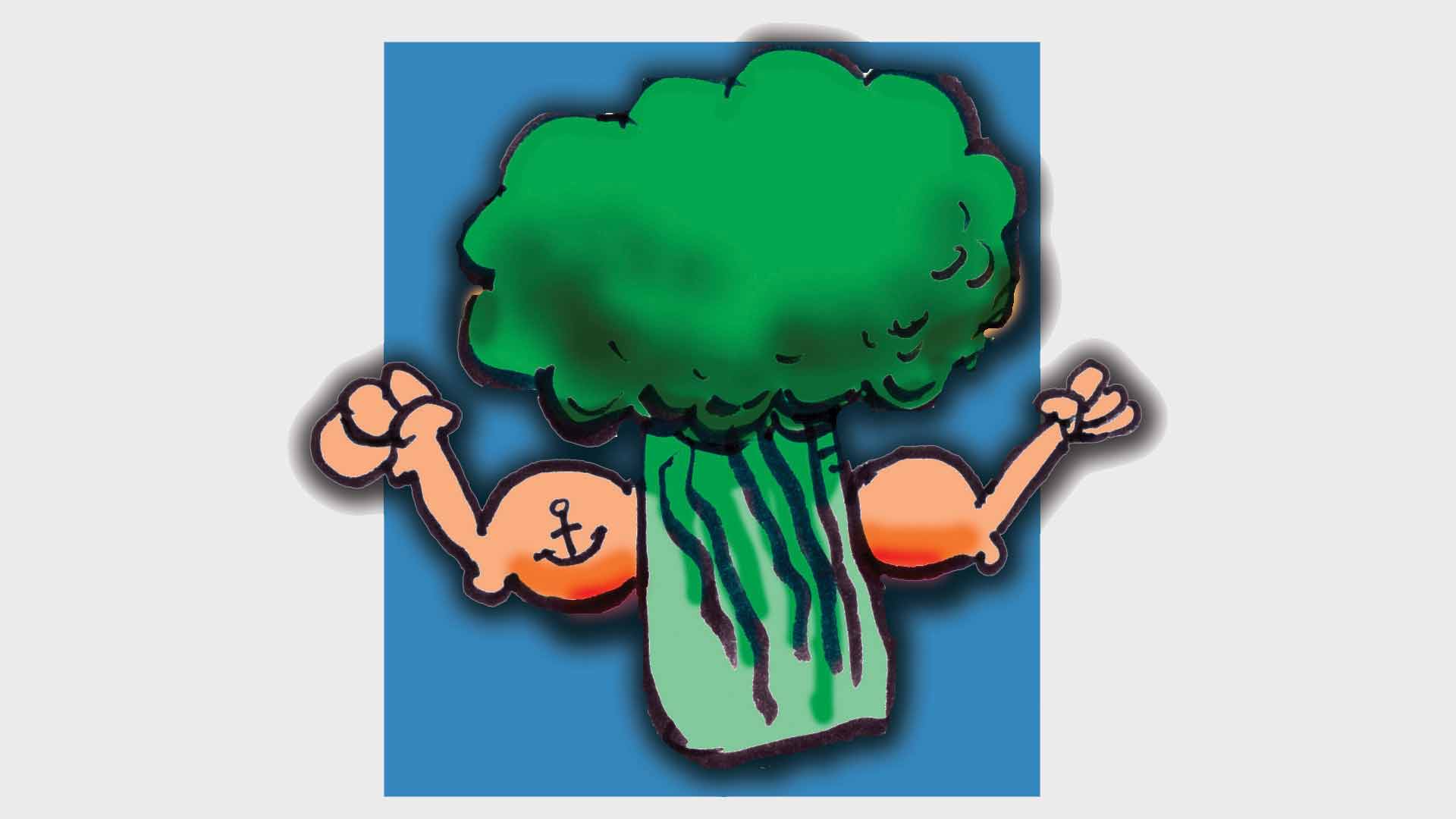Editor’s note: As a service to our readers, we provide news about the work of others in ag utilization. Often, research done elsewhere complements AURI’s work. Please note that ARS is the USDA’s research division.
Take two asparagus
To treat a hangover, researchers suggest you drink lots of water, get plenty of rest and eat your asparagus.
A new study shows that the amino acids and minerals in asparagus extract may ease hangovers and protect liver cells from alcohol toxins. Researchers at the Institute of Medical Science and Jeju National University in South Korea analyzed effects of asparagus shoot-and-leaf extracts on human and rat liver cells. Asparagus is also noted for its anti-cancer, anti-fungal, anti-inflammatory and diuretic effects.
From: Institute of Food Technologists
August 13, 2009
Sticky opportunity
USDA-ARS researchers have determined that corn germ can be used as a protein extender for plywood glues, potentially opening a new market for the agricultural byproduct. Glue extenders reduce the amount of main binder, or resin, in plywood glues and improve adhesion. Extender is typically made from industrial-grade wheat flour. Researchers are working on more ag-based extenders in the event glue manufacturers need an alternative.
From: USDA-ARS
September 1, 2009
Potted chickens
Chicken feathers, usually an unwanted poultry-processing byproduct, may have a valuable future in biodegradable flower pots, say ARS scientists.
In the United States, every year about 4 billion pounds of chicken feathers are left over after processing. Working with the Horticultural Research Institute in Washington D.C., ARS researchers used feathers to formulate planting pots that degrade over variable time periods, from one to five years. The pots look and feel like any other plastic planters but will disintegrate naturally, without harm to the environment. Manufactured without petroleum components, the feathered pots would slowly release beneficial nitrogen to the soil.
From USDA-ARS
September 8, 2009
Freshwater fighter
A freshwater algae variety could be bad news for cancer cells. USDA researchers identified a type of algae responsible for some isolated fish kills. The same toxin may be useful in cancer treatments.
Laboratory tests show that even low concentrations of euglenophycin significantly decreases cancer cell growth and can kill cancer cells. Future tests will attempt to verify whether the toxin can slow or prevent tumor formation.
From: USDA-ARS
September 8, 2009
Drink your medicine
Instead of the dreaded needle injection, a vaccination may someday be a pleasant drink of yogurt smoothie.
Northwestern University Feinberg School of Medicine researchers have developed an oral vaccine using probiotics, the healthy bacteria found in yogurt, cheese and other dairy products. Benefits go beyond eliminating the “ouch!” factor. Delivering vaccine to the gut, rather than injecting it into a muscle, harnesses the full power of the body’s primary immune force, located in the small intestine.
From: Medicalnewstoday.com
March 13, 2009
Camelina feed
Camelina meal in cattle feed has been approved by the U.S. Food and Drug Administration. The oilseed, rich in Omega-3 fatty acids, could enhance beef products. The FDA approved inclusions of up to 10 percent camelina meal in cattle diets.
From: Newsday.com
November 11, 2009
Power to the veggies
Scientists have discovered that an antioxidant in vegetables such as broccoli and cauliflower could protect cells from damage caused by the body’s inflammatory response to infection and injury. The University of Pennsylvania School of Medicine finding has implications for inflammation-based disorders such as cystic fibrosis, diabetes and heart disease.
From: Medicalnewstoday.com
November 18, 2009

